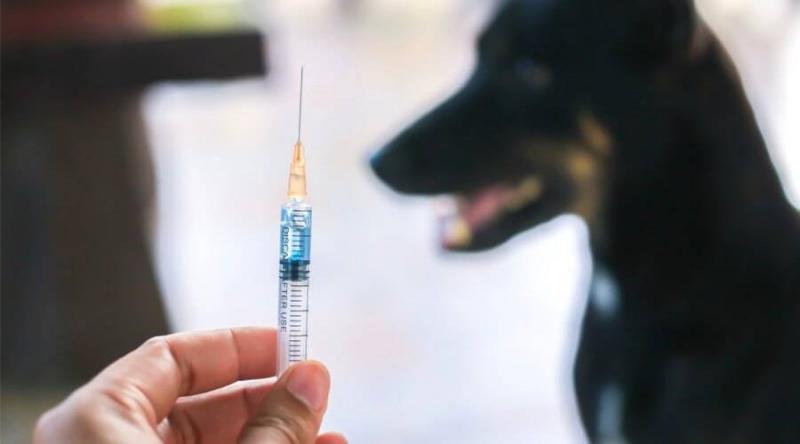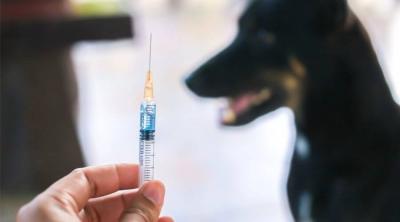Most Syrian cities, especially the capital Damascus, Deir ez-Zor, and Sweida, are witnessing a significant spread of stray dogs and an outbreak of rabies. Pediatric specialist Nizam Muhammad Amin confirmed that the exacerbation of the situation is due to the collapse of the healthcare sector, a shortage of medical services, and a severe lack of medications for treating rabies victims.
Amin stated in an interview with "Sky News Arabia" that the reasons are also linked to "the rise in the prices of medications, particularly the treatment injections for the disease, which have reached fifty thousand Syrian pounds (approximately 13 dollars), alongside the absence of government oversight, and the closure of private animal care centers due to the deteriorating economic situation." He confirmed that the Syrian war has caused thousands of deaths, with many bodies remaining under rubble and in conflict areas, becoming a feast for stray dogs infected with rabies.
Citizens are complaining about the unavailability of the rabies vaccine, including Salim Al-Baghjati, whose son was bitten by a stray dog. He stated that he did not receive the necessary vaccines from the rabies treatment center and had to search for them in private pharmacies, where the price of a single injection exceeded fifty thousand Syrian pounds.
Official newspapers published in Damascus reported that the rabies treatment center, which is under the Ministry of Health, has left the treatment units for dog bite victims without the antirabies serum, forcing patients to buy it from pharmacies at exorbitant prices, which have stressed citizens' finances, especially since the treatment period can last up to two weeks.
In the same context, Tarik Al-Jamal, director of health in Sweida province, estimated that since the beginning of this year, 291 people have sought treatment from the rabies unit at Sweida Hospital. Al-Jamal confirmed that vaccines are not available in the province, noting that the unit only receives them through the Ministry of Health. Medical sources in Deir ez-Zor province stated to "Sky News Arabia" that the number of cases in the city since the beginning of the year has reached 238.




